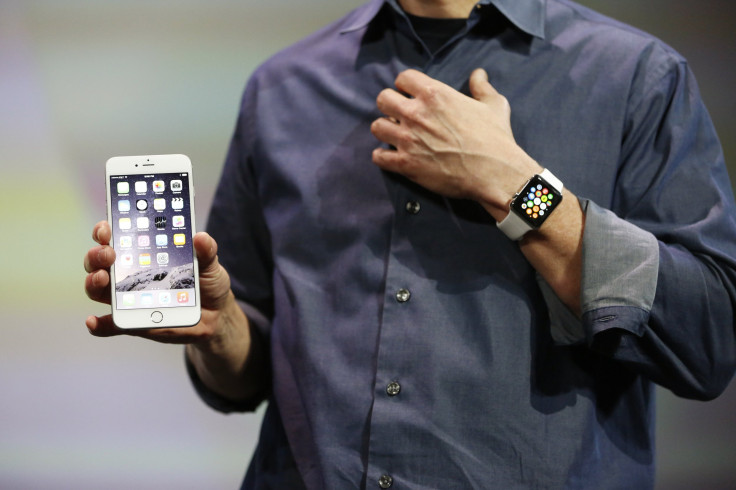Apple Can't And Won't Provide Access To iPhone Data To Authorities, Even With A Warrant

Apple can’t and won’t provide police access to data stored on your iPhone. The company said on Wednesday that it will no longer provide access to iPhone data to government authorities, even if they have a search warrant. Apple achieves this through a simple but creative solution: It doesn’t have the technical ability to bypass your passcode, which protects iPhone and iOS user data. This also applies to iMessage and FaceTime calls, which are also encrypted in transit between devices. Since Apple can’t decrypt the data, it wouldn’t be able to comply with a wiretap order. The company once held encryption keys to unlock devices for legal requests from police, but its encryption rework in iOS 8 now makes handing over the keys impossible.
While Apple is doing as much as possible to protect user data stored on its devices, the company can and still is legally responsible to turn over data stored in other places such as its iCloud servers, which can include app data, emails and other data backups. But users have the ability to change their backup settings to prevent that data from being transmitted to iCloud servers.
The extensive privacy policy unveiled by Apple comes three months after the U.S. Supreme Court ruled that police needed a search warrant to go through and obtain data stored on a mobile device, barring a few exceptions. This doesn’t do much for Apple, since it doesn’t have the ability to comply with search warrants for most of its devices anyway.
Alongside the unveil of Apple's new privacy policy, CEO Tim Cook took the opportunity in an open letter to customers to take a few subtle jabs at the business models of competitors, such as Google.
“Our business model is very straightforward: We sell great products,” Cook said. “We don’t build a profile based on your email content or Web-browsing habits to sell to advertisers.”
While Apple also has a small advertising platform for developers called iAd, Cook noted that the platform was bound by the same privacy policy that applies to all other Apple services.
These moves are the latest from the Cupertino, California, tech titan as it seeks to set itself apart from the competition through higher security and privacy standards. Following the recent high-profile security breach of about 100 celebrity iCloud accounts, Apple introduced additional security features to iCloud to help prevent unauthorized users from gaining access to data stored on the service.
© Copyright IBTimes 2024. All rights reserved.












